Western Bulk Herbs – Nigella Seeds [Black Cumin]
Nigella sativa or Black Cumin is one of the most valued medical herbs in history. Studies show it to be most useful with pain, headaches, and toothaches. But are most dramatic results were achieved with asthma and allergies. It boosts the immune system and gives a boost up to fatigue.
The reason this little seed is so powerful is found in the complex chemical structure of the seeds. These seeds have over one hundred different chemical constituents, including abundant sources of all the essential fatty acids.
Not to be confused with the cumin you can buy at the grocery store, which by the way is still very good for you, black cumin is used for respiratory and digestive problems, parasites, and inflammation.
Studies show its one of the better herbal remedies for autoimmune disorders where the person’s body attacks itself. If combined with garlic, it will harmonize the imbalance of the body.
Latin Name:
Nigella sativa
Common Names:
Black Cumin, Love-in-the-mist, Fitches, Nigella, Black Caraway, Roman Coriander, Black Onion Seed, Fennel Flower, Kalonji, Habbat Alabarakah (Seed of Blessing), Kezah
Parts Used:
The seeds are used in cooking and made into teas, tinctures, capsules or others. The oil can be used both cosmetically and medicinally.
Properties:
Black Cumin is recognized as stimulant, aromatic, carminative, digestive, diuretic, emmenagogue, excitant, galactagogue, purgative, resolvent, stomachic, sudorific, tonic, and vermifuge.
Traditional Uses:
The ancients took the ground seed medicinally with bread, water or wine, and that it was accounted the best of condiments. The seeds of the Cumin when smoked, were found to occasion pallor of the face.
Internal Applications:
Black Cumin has been shown to help with respiratory problems, stomach and intestinal health, treatment of diarrhea and dysentery, kidney and liver functions, circulatory system support, as well as general well-being. The seeds can be combined with astringent herbs to treat diarrhea and dysentery. Modern herbalists have success treating coughs and colds of the upper respiratory tract.
Topical Uses / Applications:
Black Cumin is not generally used topically, however the spicy nature of this herb indicates that it would be useful in stimulating circulation.
Culinary Uses:
The seed is commonly used as a spice or flavoring in dishes, and is often incorporated into baked breads, cakes, or various other dishes. The seeds can be used as a tea by themselves or added to coffee or tea for an evocative flavoring.
The seeds can also be used in all manners of cooking and baking, as well as pastas, casseroles, salads, and stir fry.
Historically, some have used them mixed with honey and garlic as a tonic for asthma and coughs, as well as to enhance the immune system.
Chemical Properties:
Alanine, arginine, ascorbic acid, asparagine, campesterol, caryone, cymene, cystine, dehydroascorbic acid, eicosodienaic acid, glucose, glutamic acid, glycine, iron, isoleucine, leucine, D-limonene, linoleic acid, linolenic acid, lipase, lysine, methionine, myristic acid, nigellin, nigellone, oleic acid, palmitic acid, phenylalanine, phytosterols, potassium, beta-sitosterol, alpha-spinaster, stearic acid, stigmasterol, tannin, threonine, thymohydroquinone, thymoquinone, tryptophan, tyrosine
Folk Lore:
Seeds from Nigella sativa were found in the tomb of Tutankhamun and this little seed is mentioned in the bible and in the words of the Prophet Mohammed, who stated that the ‘Black seeds can heal every disease but death itself’. It was used for any number of ailments from headaches to disorders they didn’t have names for. The famous Greek physician Dioscorides recommended them for headaches, toothaches, and inflammation.
Black cumin is known throughout the world, either as a medical herb or a spice for cooking. In Dioscorides time, black seed cumin was used as an antimicrobial that rid the intestines of gas, worms, and parasites without them even knowing.
Today, it’s one of the mainstays of herbal healing in India. Every child who gets a cold is given a cup of black cumin tea. In some family, it’s an everyday cup of tea to keep the family happy and healthy.
Cautions:
Black Cumin has been used historically to stimulate the production of milk in nursing mothers, but certain research suggests that caution should be taken during pregnancy to avoid complications.
*Disclaimer: These statements have not been evaluated by the Food and Drug Administration. This product is not intended to diagnose, treat, cure or prevent any disease.
Resources:
PDR for Herbal Medicines, 2000. Medical Economics Company, Montvale, New Jersey.
The New Holistic Herbal. David Hoffmann, 1990. Barnes and Noble Books, New York.
A Modern Herbal, Mrs. M. Grieve, (Dover Publications, New York, 1971)
Major Herbs of Ayurvedic.Compiled by Dahur Research Foundation and Dahur Ayurvet Limited, Ghaziabad, India., 2002. Churchill Livingstone, London, England.
Chinese Herbal Medicine: Materia Medica, Third Edition, Dan Bensky and Andrew Gamble, 1986. Eastland Press, Seattle, WA.
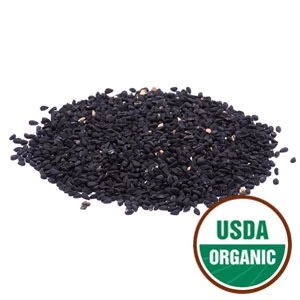
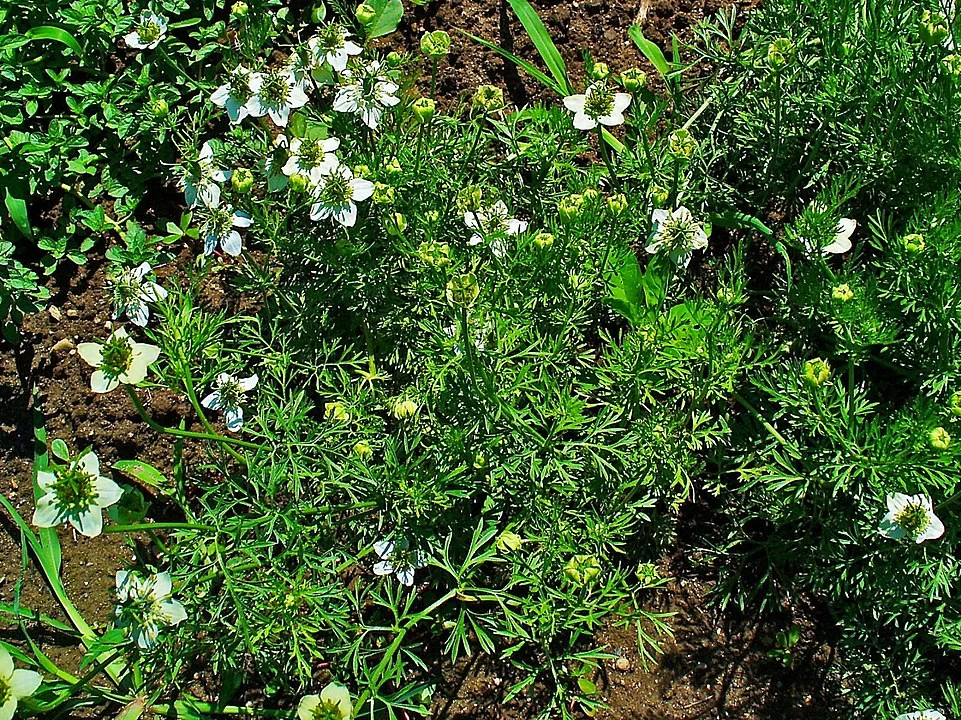
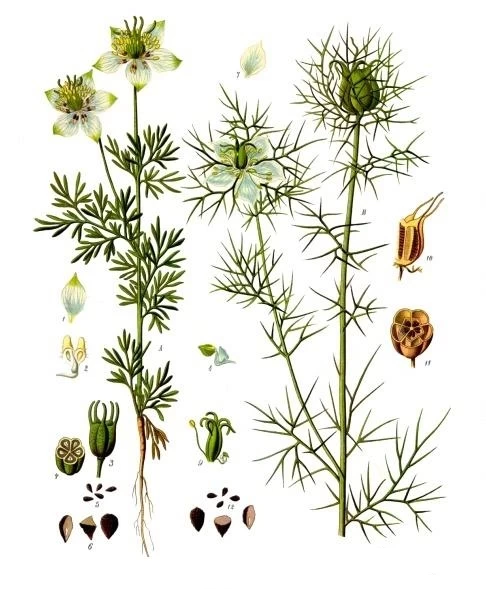
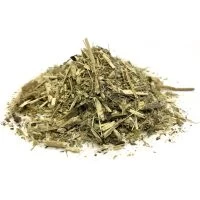
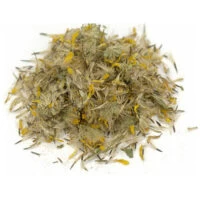
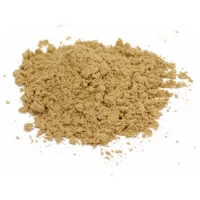
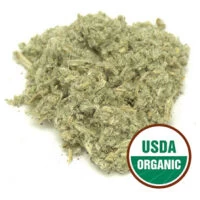
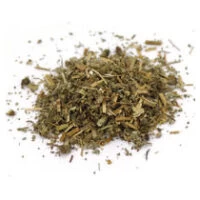
Reviews
There are no reviews yet.